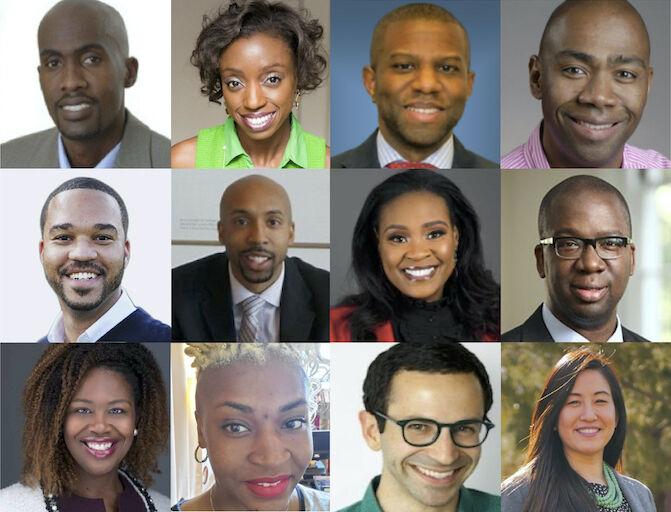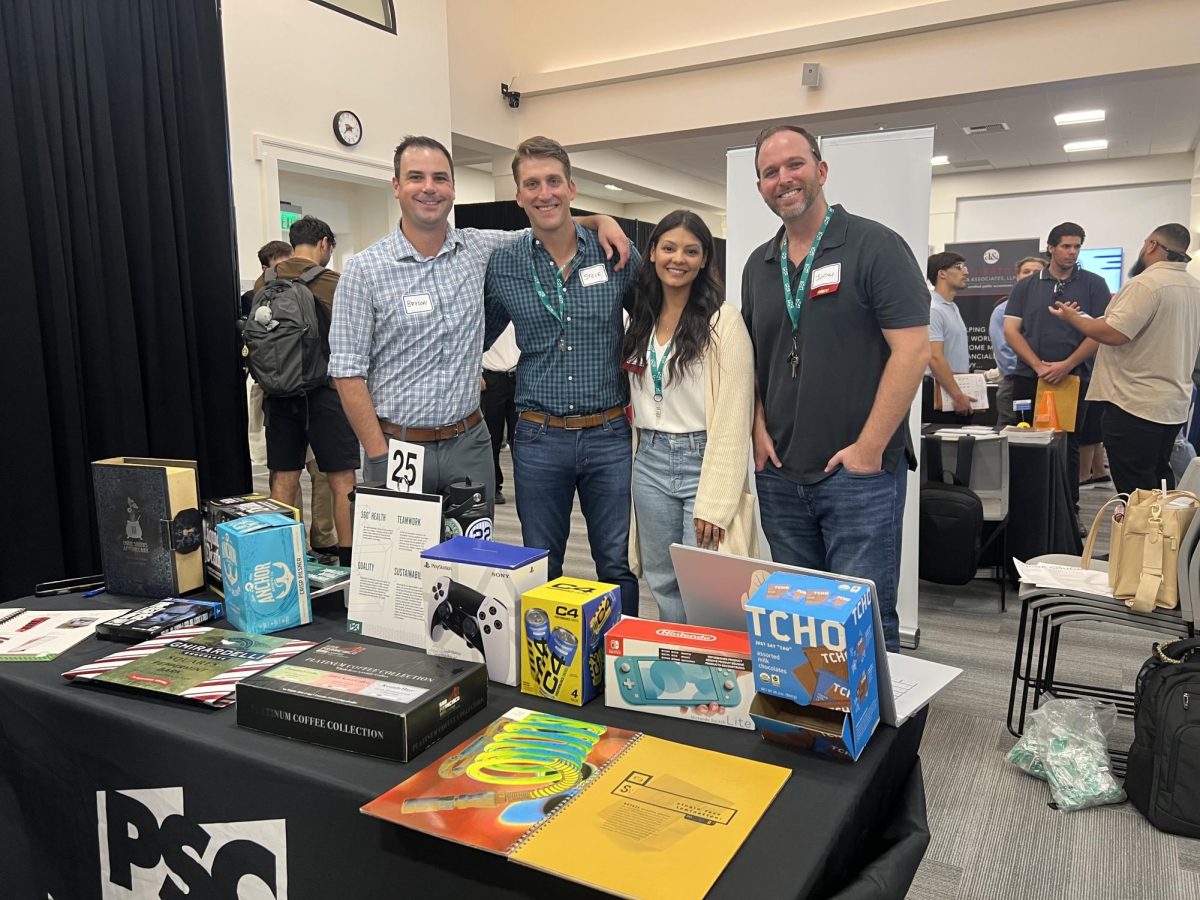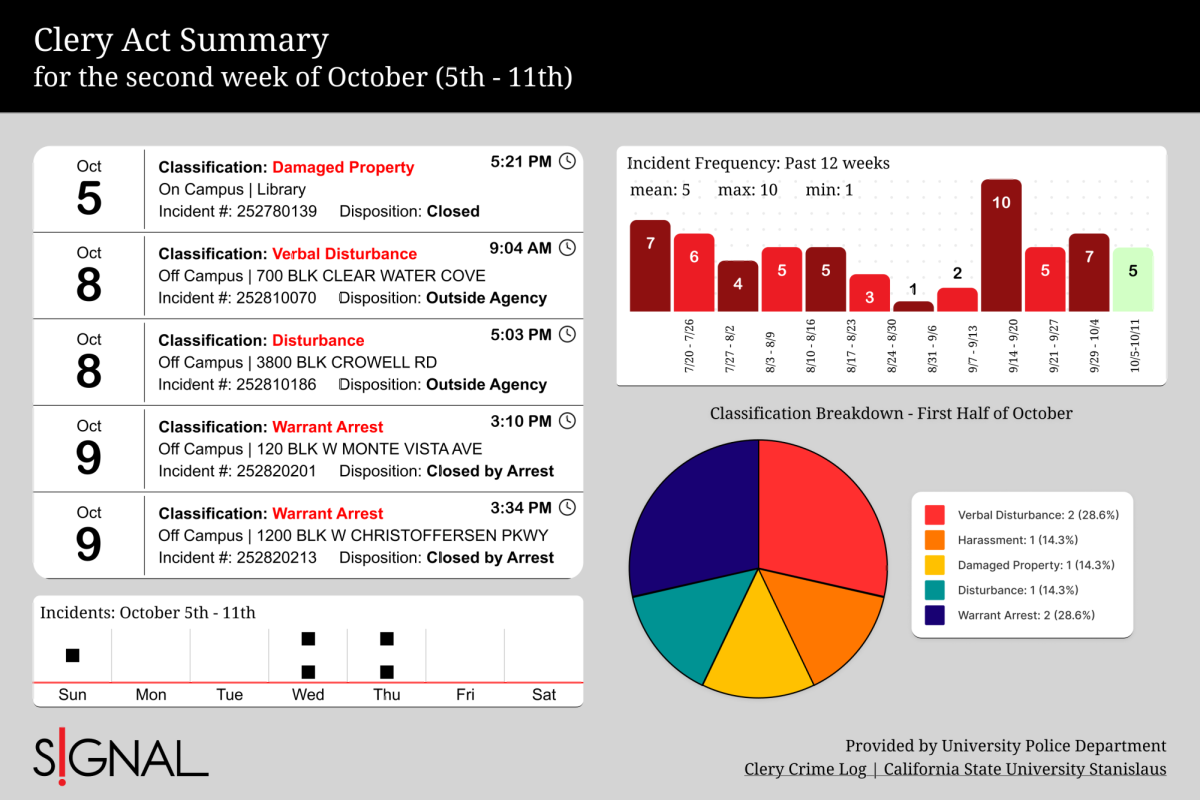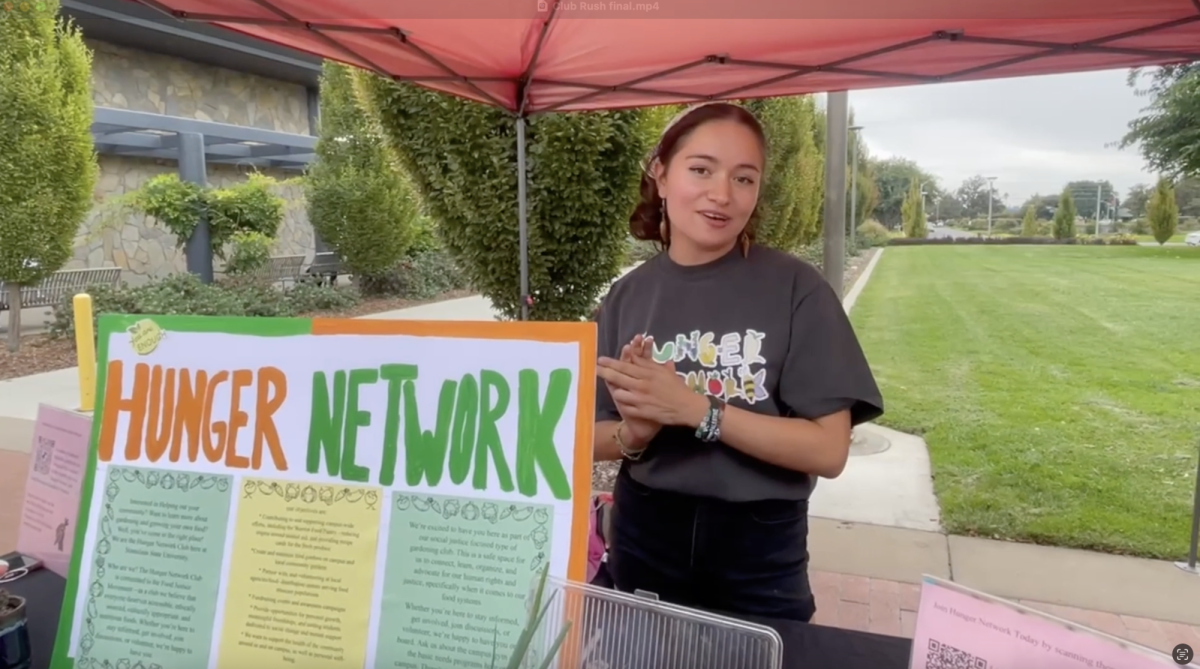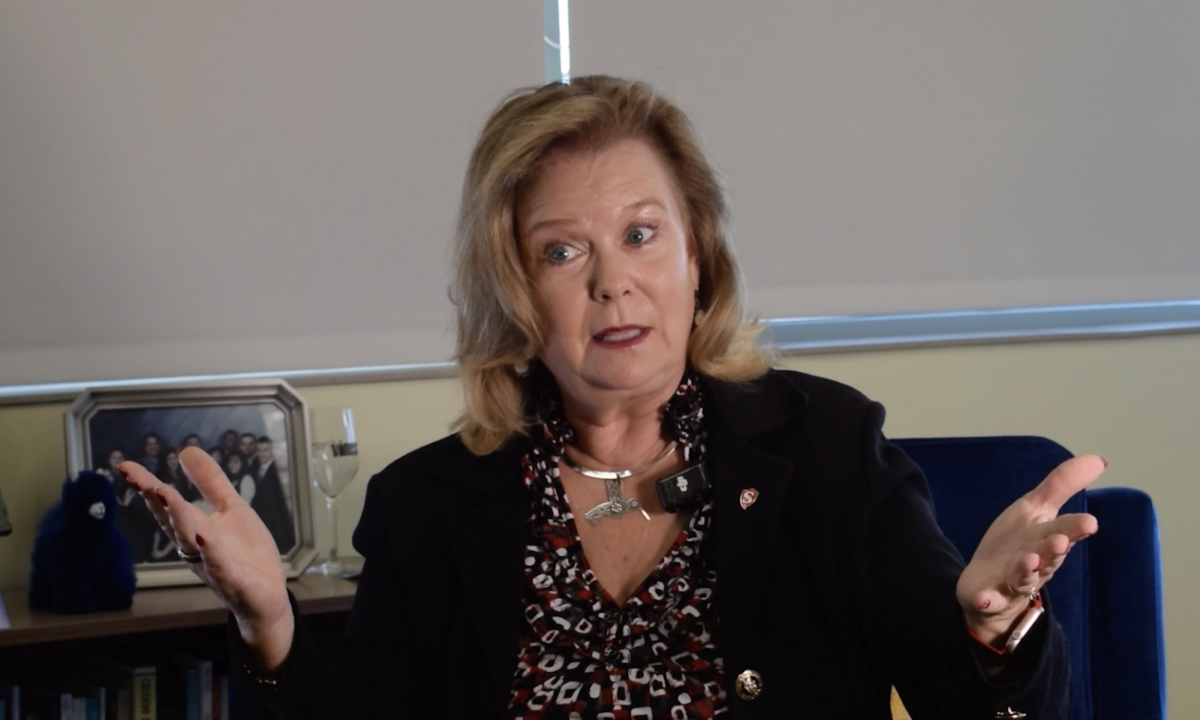At 9 a.m. on Wednesday, August 12, Stan State’s psychology professor, Dr. Aletha Harven kicked off the two-day conference on confronting anti-Black racism on college campuses.
Attendees logged onto the virtual conference from all across the country and even from outside of the United States. From Washington to Virginia, people joined together to learn about how best to support Black faculty, staff and students on college campuses.
Dr. Harven started by explaining what initially inspired her to host the conference. “I was inspired to organize this two-day training because of the continued violence against my community, the Black community.”
After witnessing the most recent crimes that led to a new surge in the Black Lives Matter movement, Dr. Harven knew that she needed to take action. In addition to attending protests and writing a letter of support to the Black community on campus, Dr. Harven took action by creating this two-day professional development conference to help teach educators how to support the Black community on college campuses.
Four main objectives guided the event: to develop a deeper understanding of anti-Black racism, to understand the impact of anti-Black racism on Black faculty, staff and students, to learn strategies for effectively disrupting anti-Black racism on college campuses, and to learn what it takes to become an effective ally to the Black community.
In the session titled “Dear Allies: Step Up” the panel of speakers consisted of Dr. Fran’Cee McClure-Brown, Dr. Zack Ritter, Dr. Cleveland Hayes and Dr. Angela C. Chen.
The panel discussion began with the question, “What is Allyship?”
Dr. Hayes started by saying that people often call themselves allies, when they are not actually willing to take the action and the risks that are necessary to actually promote change. Explaining that people often think of ally as a noun, Dr. Hayes proposed that a better term would be co-conspirator, because it requires more action.
Dr. McClure-Brown agreed, saying, “action is key, for me, when we talk about what is allyship.”
Additionally, Dr. McClure-Brown explained that risk is another crucial element of allyship. “What is the risk that you are willing to take, and are you really going to take it when it counts? It is not about your convenience, and it is not about making yourself feel good. It is about advancing the cause and doing this for the benefit of others because it is the right thing to do.”
While many people post their support on social media, fewer are actually taking substantial risks to support the Black community. This is the difference between performative allyship and authentic allyship.
Dr. Hayes and Dr. Brown-McClure expressed concern that the wave of support for the Black Lives Matter movement was a result of the extra time that people had due to COVID-19, and that the support may die down when people go back to their busy lives.
“When you have that new sense of normal, are you still going to care? That is a huge distinction between performative and authentic because you are now making the time instead of just having it to give,” said Dr. Brown-McClure.
Another differentiation that was addressed was between the terms ally and accomplice.
“Accomplice is a code name for someone that will put their body or their job on the line in order for real justice to happen,” said Dr. Ritter, explaining that there is a spectrum of allyship and that the goal should ultimately be to become an accomplice. This would mean taking more authentic action.
Several other topics were presented in the panel discussion, and the audience showed enthusiastic support from the chat room.
As the conference continued, the attendees and the speakers engaged in thought-provoking discussions that pushed educators to examine their roles in combating anti-Black racism in the classroom.

